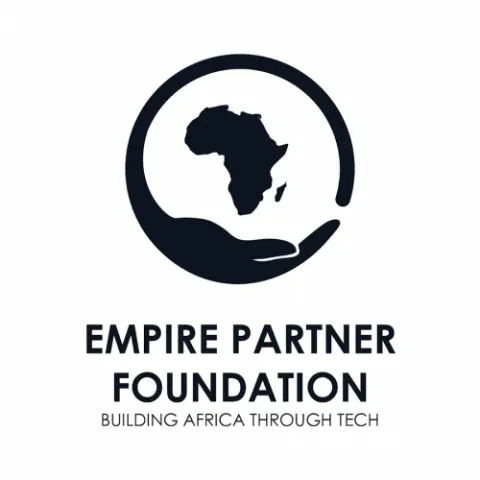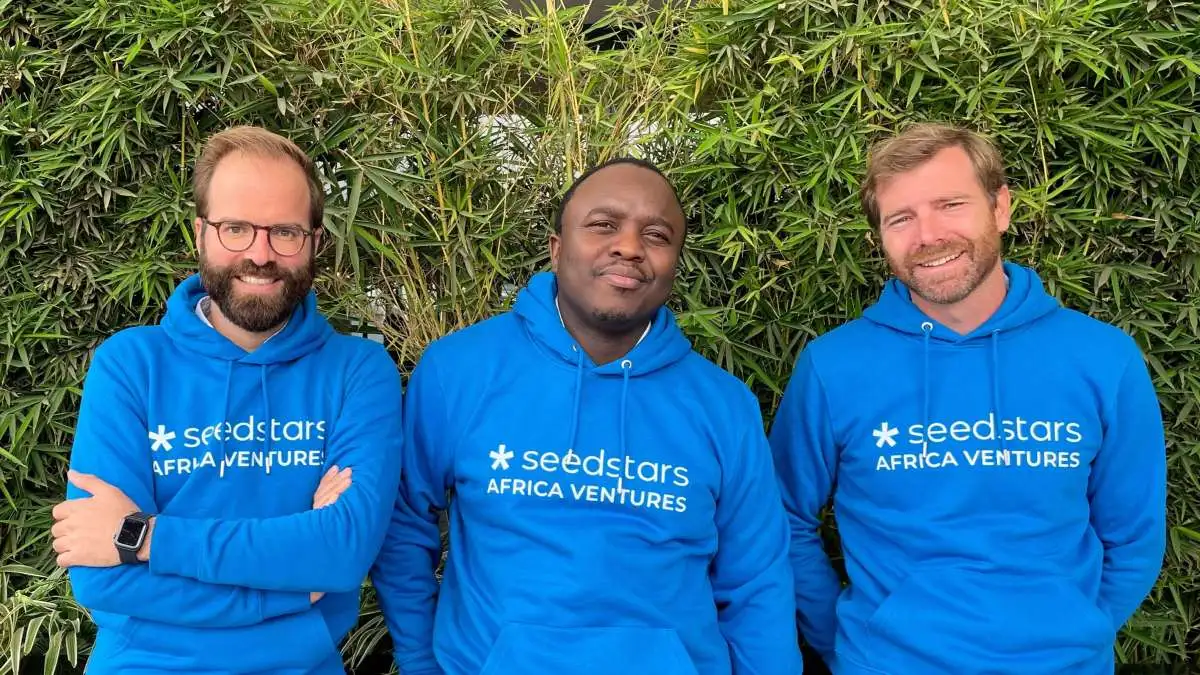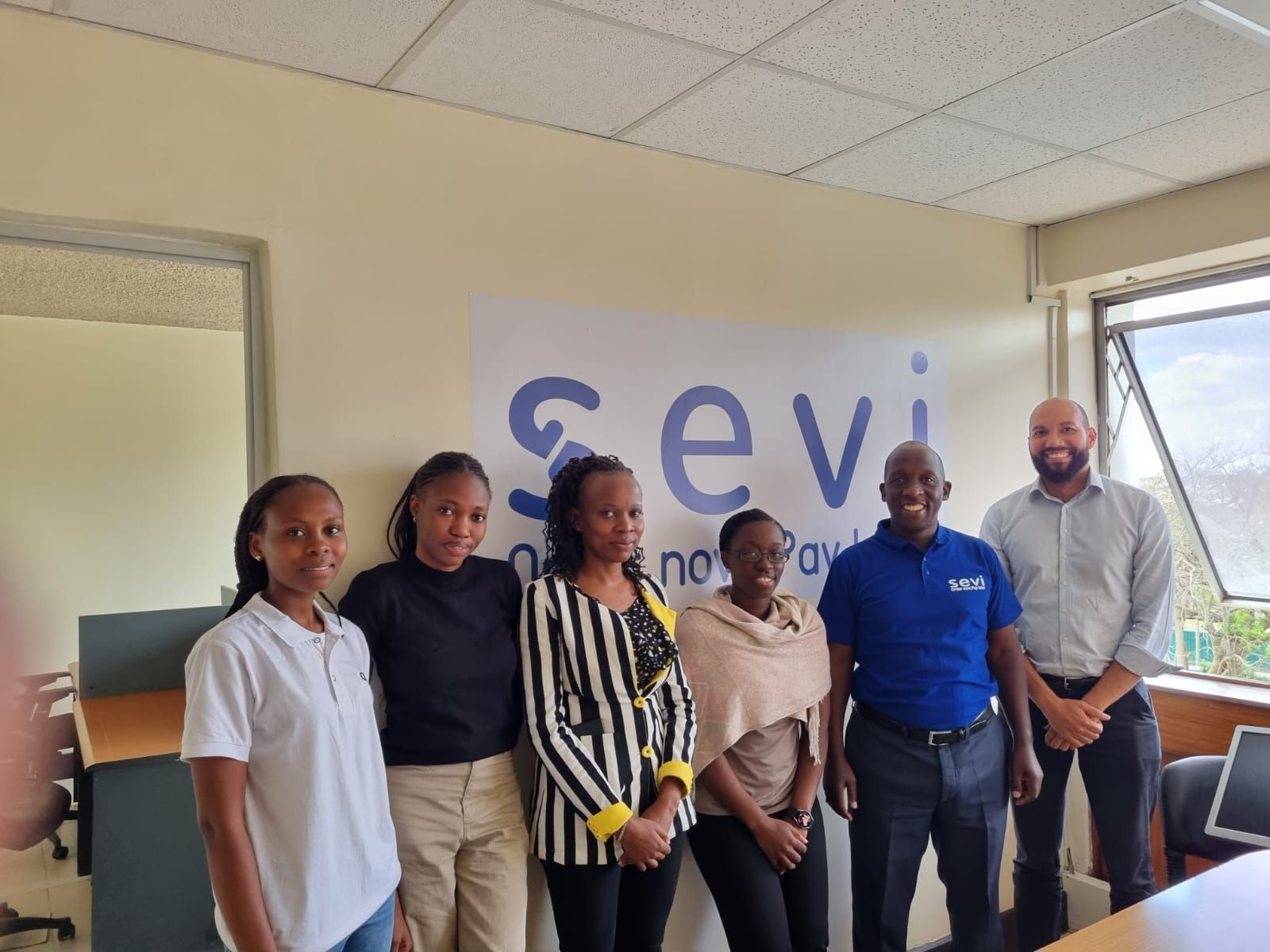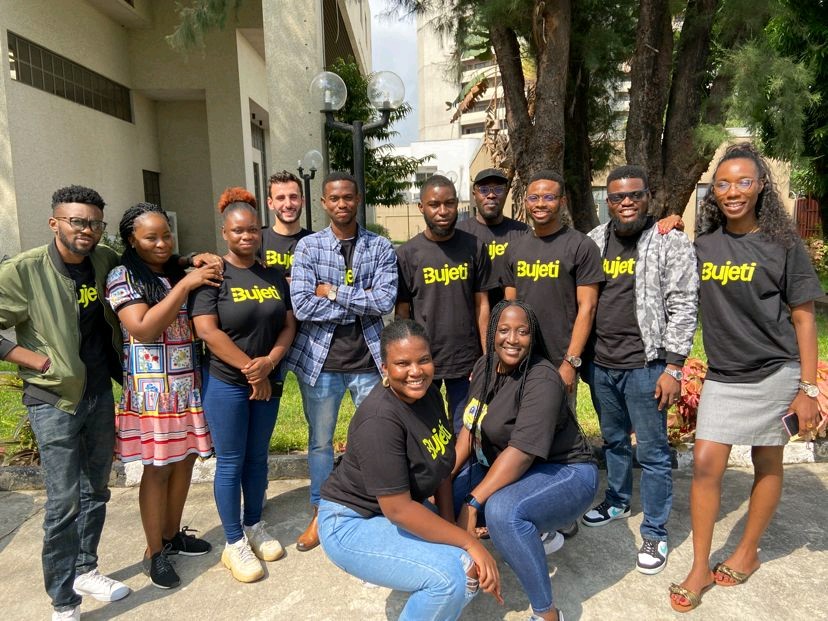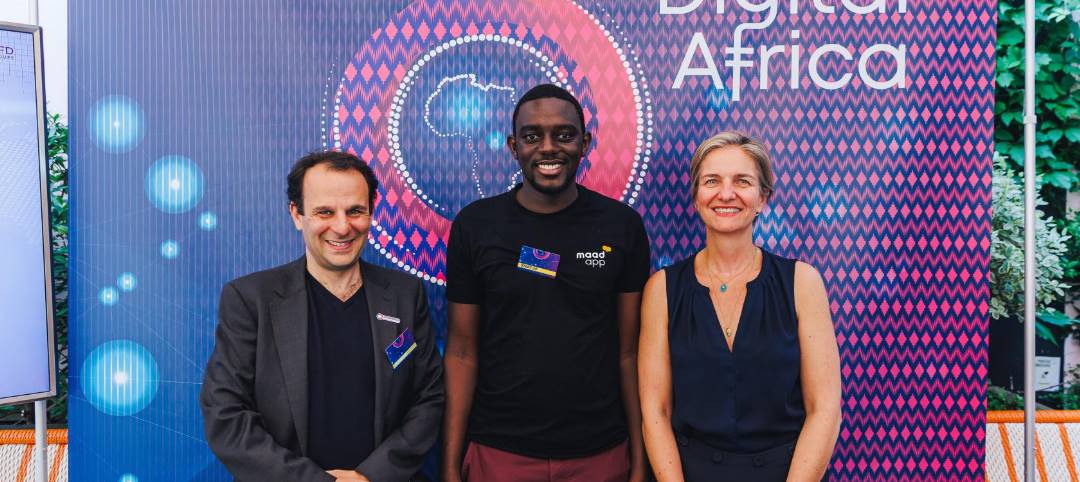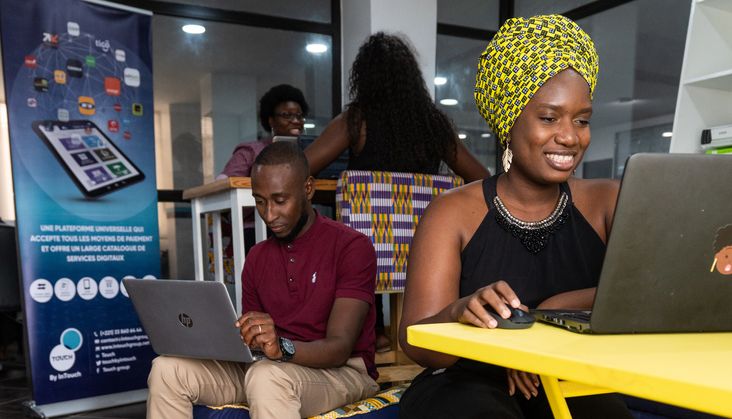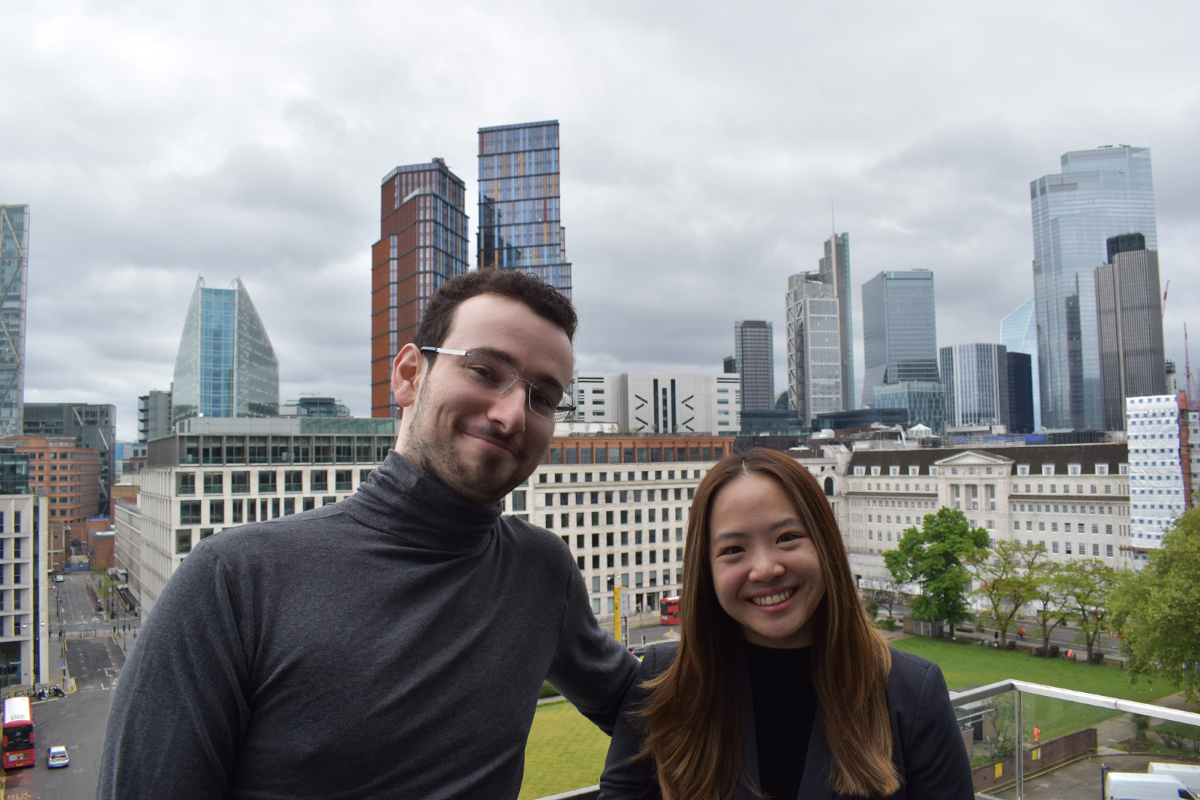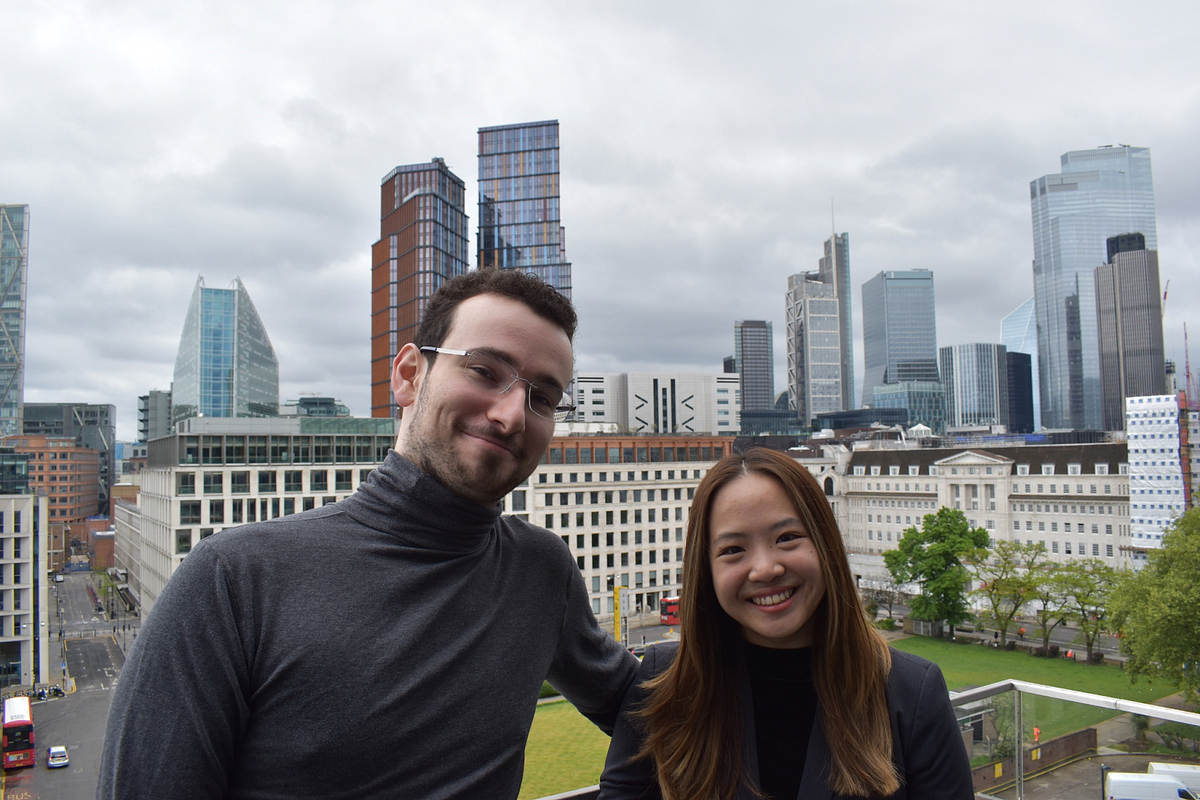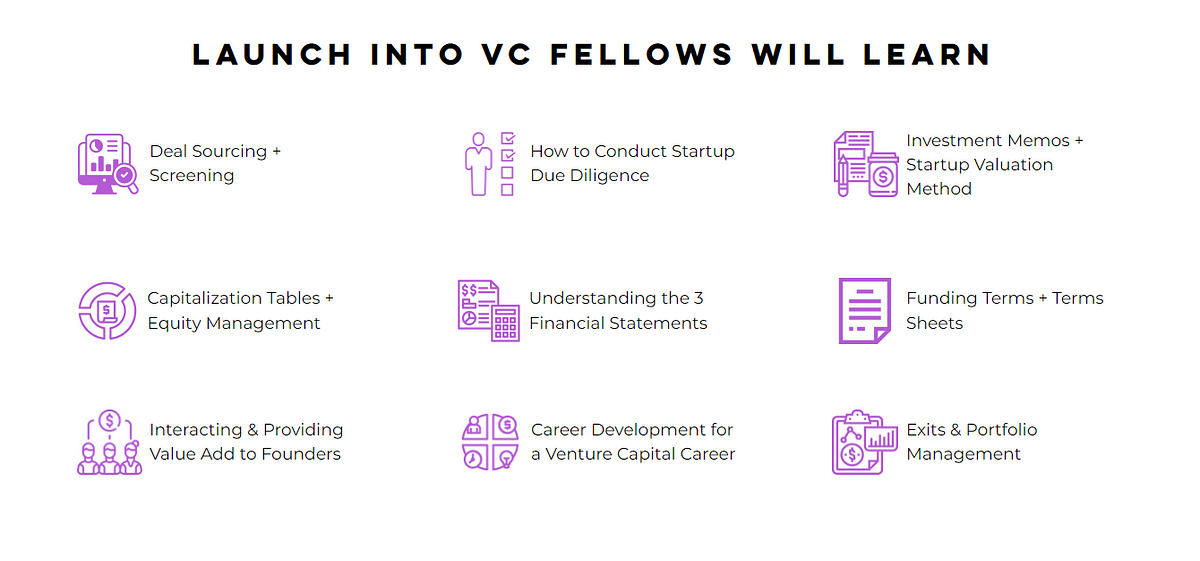$11M EPF Tech Fund Opens to African Startups
Empire Partner Foundation’s (EPF) Tech Fund, led by CEO Jacqueline Govender, has announced the launch of an $11 million (R200 million) Exchange-Traded Fund (ETF) aimed at fostering innovation and supporting young entrepreneurs across Africa. The fund, which initially focused on South Africa, is now expanding its reach to identify and invest in high-growth digital startups addressing critical challenges in various sectors.
In an exclusive interview with ITWeb Africa, Jacqueline Govender emphasized the fund’s commitment to actively engaging with portfolio firms and potential investors. The EPF Tech Fund aims to tackle difficulties in areas such as accommodation, education, financial inclusion, rural and community development. Govender stated, “We’re now also expanding our geographic reach beyond South Africa.”
The expansion comes at a crucial time for African startups facing a funding freeze, as reported by global research firm Infomineo. Startups in Africa received $3.4 billion in funding in 2023, marking a 32% decline from the over $5 billion recorded in 2022, with equity funding experiencing a significant 60% reduction.
To address the funding challenges faced by entrepreneurs in Africa, the EPF Tech Fund is raising an additional $4.2 million (R80 million). Govender revealed that this capital injection will specifically target students and graduates developing technology solutions with the potential for a significant impact.
To be eligible for support from the EPF Tech Fund, startups must have locally built digital solutions, be led by young people, and demonstrate scalability across multiple African countries. Govender emphasized that artificial intelligence (AI) is a key focus for the fund, stating, “Every portfolio firm must achieve the basic criteria of adopting AI into its operations.”
“We see enormous potential in AI-powered solutions that address social concerns, such as education, climate change, unemployment, poverty, and access to healthcare,” Govender added. The EPF Tech Fund is actively seeking firms that utilize AI for sustainable livelihoods, financial inclusion tools, and data-driven healthcare and environmental, social, and governance (ESG) systems.
In explaining the genesis of the EPF Tech Fund, Govender highlighted the identification of a gap in the venture capital market. The fund was initially created to support breakthrough tech businesses solving social concerns across the African continent. Investors in the fund are organizations dedicated to “future proofing Africa” by investing in youth-led technology solutions that can scale across the continent.
Unlike traditional venture capitalists, the EPF Tech Fund evaluates firms not only based on financial returns but also on their ability to provide verifiable social and environmental benefits. Jacqueline Govender stressed, “Beyond a sustainable business, we look at how a venture improves people’s lives and connects with our impact areas.”
The fund supports its portfolio companies with mentorship, market access, and impact measurement tools. EPF Tech Fund’s investments typically range from R5 million to R20 million, with a focus on angel, pre-seed, and seed stages. Govender concluded, “Our main points are effect, purpose, and possibility. We believe in developing promising ideas in their early phases and guiding them through the key early growth phase.”
EPF Fund EPF Fund

Charles Rapulu Udoh is a Lagos-based lawyer, who has several years of experience working in Africa’s burgeoning tech startup industry. He has closed multi-million dollar deals bordering on venture capital, private equity, intellectual property (trademark, patent or design, etc.), mergers and acquisitions, in countries such as in the Delaware, New York, UK, Singapore, British Virgin Islands, South Africa, Nigeria etc. He’s also a corporate governance and cross-border data privacy and tax expert. As an award-winning writer and researcher, he is passionate about telling the African startup story, and is one of the continent’s pioneers in this regard.

